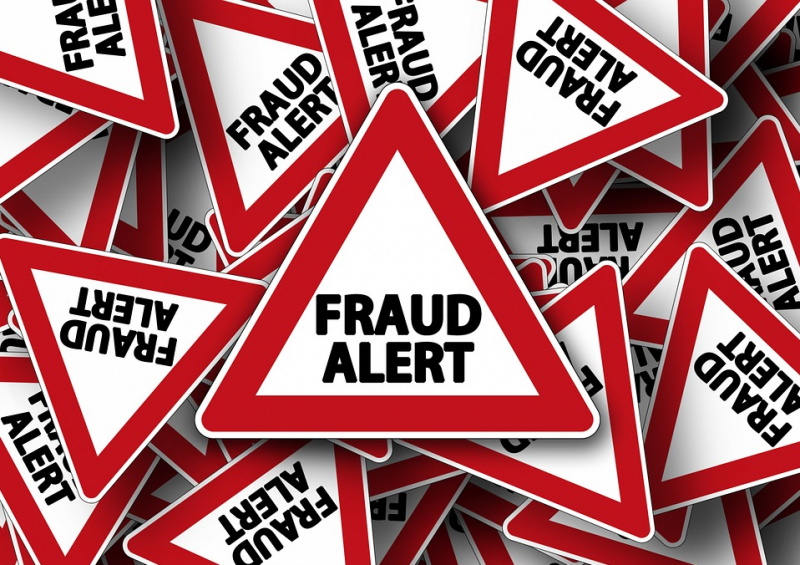Community
BBB warns of new fake coupons hitting social media to scam users

You have seen the great deals. $50 off, $100 off. Seem too good to be true? It most likely is.
With an increase of time people spend on social media during the COVID-19 pandemic, the Better Business Bureau warns that scammers are jumping on their opportunity to scam the public through social media. Father’s Day, graduations and weddings are upon us, so it is not surprising to see more coupons for extreme deals at major retailers. However, scammers are offering fake retail coupons to steal your identity and/or download malware. BBB wants to make sure everyone knows the difference between a real deal and one that could be a counterfeit coupon with bad consequences.
Often found circulating on Facebook, counterfeit coupons could have several goals for the scammer. Sometimes coupons are just a way for a site to generate extra hits online, but their goal is usually more malicious, according to the BBB. They are often trying to steal personal information. Among the most frequently distributed fake coupons recently are Bath & Body Works, Costco, Aldi’s, Starbucks and Trader Joe’s. The coupons often times offer cards or coupons for $100+ free merchandise, especially if you share the link on social media. These coupons have been widely circulated on Facebook and many people clicked and re-shared the posts. The coupon link often takes them to a third-party website that, in order to get the coupon or voucher, asks for the person’s information which results in downloading viruses or malware. The individual never receives the coupon/voucher and doesn’t know who received their information.
BBB offers the following tips for identifying coupon scams:
Be skeptical. The better the deal looks, the more likely it’s fake. It is easy for scammers to steal logos and images of established businesses to create counterfeit coupons.
Check directly with the source. To verify the legitimacy of an offer, visit the company’s website to look for the coupon or directly contact the company.
Look at the expiration date. Most coupons have one. The lack of one is an indication that the coupon may be phony. Remember, coupons for free items usually expire quicker than others.
Verify the source. If a coupon comes to you in an email, hover your mouse over the link (without clicking) and the URL destination address should appear. If that address looks like a random assortment of number and letters, do not click on it.
Check to see if the website is secure. There should be an “s” after “http” in the URL to indicate it’s a secure site. No “s” may mean it’s a phishing attempt to get your information or to install malware on your computer.
Do a web search. Searching by the offer, business name and the word “scam” can often bring up information showing which offers are fake.
Don’t share your personal information. Legitimate businesses do not ask for private information such as credit card numbers or bank accounts for coupons or giveaways. Any promotional offer that asks for personal information is almost always a scam.






You must be logged in to post a comment Login